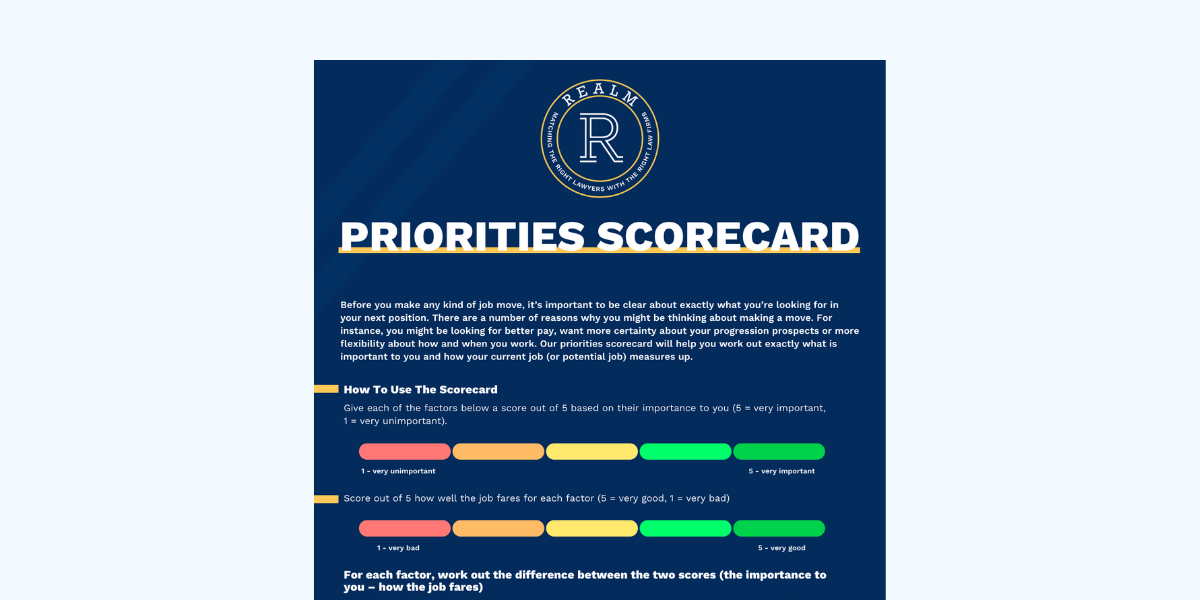1. Ignore clickbait stats
It sometimes feels that every other post from a recruiter on LinkedIn is along the lines of ‘60% of people who take a counter offer end up leaving the job anyway in the next 12 months’. Who knows whether there is truth to this or not.
Either way, what’s important to you is what matters. That’s not to say considering, let alone taking a counter offer is always a good idea, but the point is you should reflect on your priorities at the outset and weigh up all options against those.
2. Tunnel vision
Often, the more stressed we get or the more we care about something, the more our field of perception narrows. In the context of moving jobs, this often manifests as fixating on salary (regardless of whether that was the driver at the outset) or something that you have now that you might not have if you move roles (for example, the same amount of annual leave).
Be wary of focusing too narrowly on one single factor or disproportionately weighting the short-term impacts of moving, as you may end up leaning towards a counter offer that doesn’t really get you closer to being where you want to be a year or two down the road.
3. Bigger picture
It is important to keep the medium to long-term in mind; after all, a good career move should have the next 2-3 years in mind, at least. Often, long-term gain comes with some short-term discomfort.
Remember your motivations: Most people leave for better opportunities, not just for financial reasons. Stick to the goals and aspirations that led you to seek a new role.



